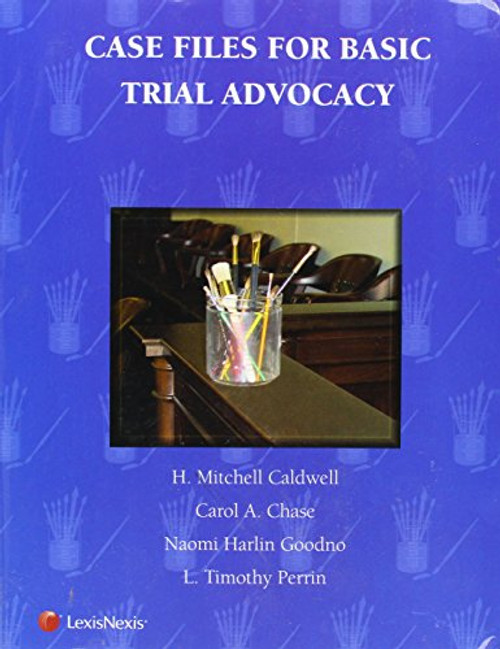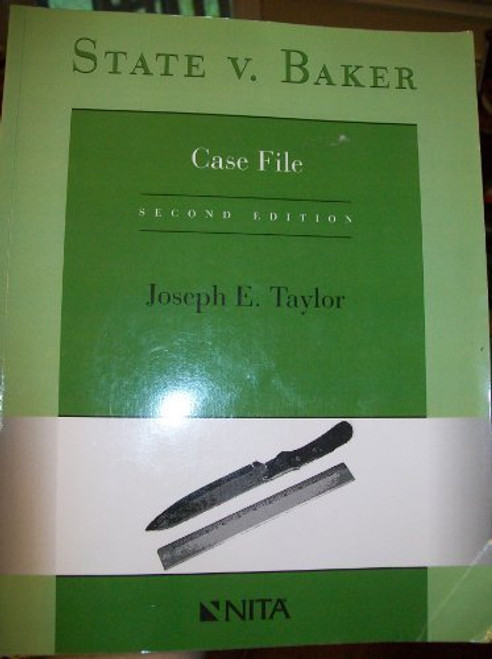Standard text on trying cases to judges and juries. Covers case planning, opening statements, direct and cross examination, demonstratives and exhibits, expert testimony, closings, trial lawyer ethics and more!
Basic Trial Advocacy has been published after the author's fifteen plus years of active teaching of trial advocacy, largely at Harvard Law School, but also at the University of Maine School of Law and in various NITA, law firm, and pro bono educational programs for both law students and young lawyers.
This book reflects the understanding of why trial lawyers do what they do. Systematic understanding of the trial advocacy process will enables a new lawyer to better apply the experience and observations that are available to develop the skills of trial practice.
This publication is designed for use in law school trial advocacy or trial practice courses. It is also written to be useful to lawyers in connection with firm-sponsored or independent trial advocacy training.
SUMMARY OF CONTENTS
1) The Training of Trial Lawyers
2) The Task of the Trial Lawyer
3) Trial Lawyers' Ethics
4) Developing a Fact Theory of the Case
5) Courtroom Conduct and Manners
6) Opening Statements
7) Direct Examination
8) Cross-Examination
9) Evidentiary Objections
10) Illustrative Aids
11) Exhibits in Evidence
12) Expert Witnesses
13) Summation
Index
About the Author:
Peter L. Murry, Esq. has been a successful trial lawyer in Maine for over 25 years and is the Braucher Visiting Professor of Law from Practice at Harvard Law School, where he has regularly taught Evidence, Trial Advocacy, Comparative Civil Justice and The American Legal System.
He is the author of several books and articles on evidence, comparative law and civil justice. He has been Consultant to the Maine Advisory Committee on Rules of Evidence since 1973. Currently he practices law as of counsel to the firm of Murray, Plumb & Murray in Portland, Maine.
His other featured book sold through Tower Publishing is Field & Murray, Maine Evidence, 6th Edition. Basic Trial Advocacy describes and teaches the essential skills and techniques required for successful presentation of cases in court. It is the official text for the well known Harvard Law School Trial Advocacy Workshop. Coverage includes not only the processes of direct and cross examination, opening statements, summations, but also the use of illustrative aids and exhibits in evidence, presentation of expert testimony, effective evidentiary objections and impeachment. There is a special chapter on Trial Lawyer Ethics which addresses the most common ethical issues that arise at trial.
The clear and uncluttered style of this work makes it easy to read and use for law student and legal practitioner alike. There are abundant examples to illustrate the various points discussed.
This book has been used in law school and CLE trial advocacy programs across the country since 1995.






